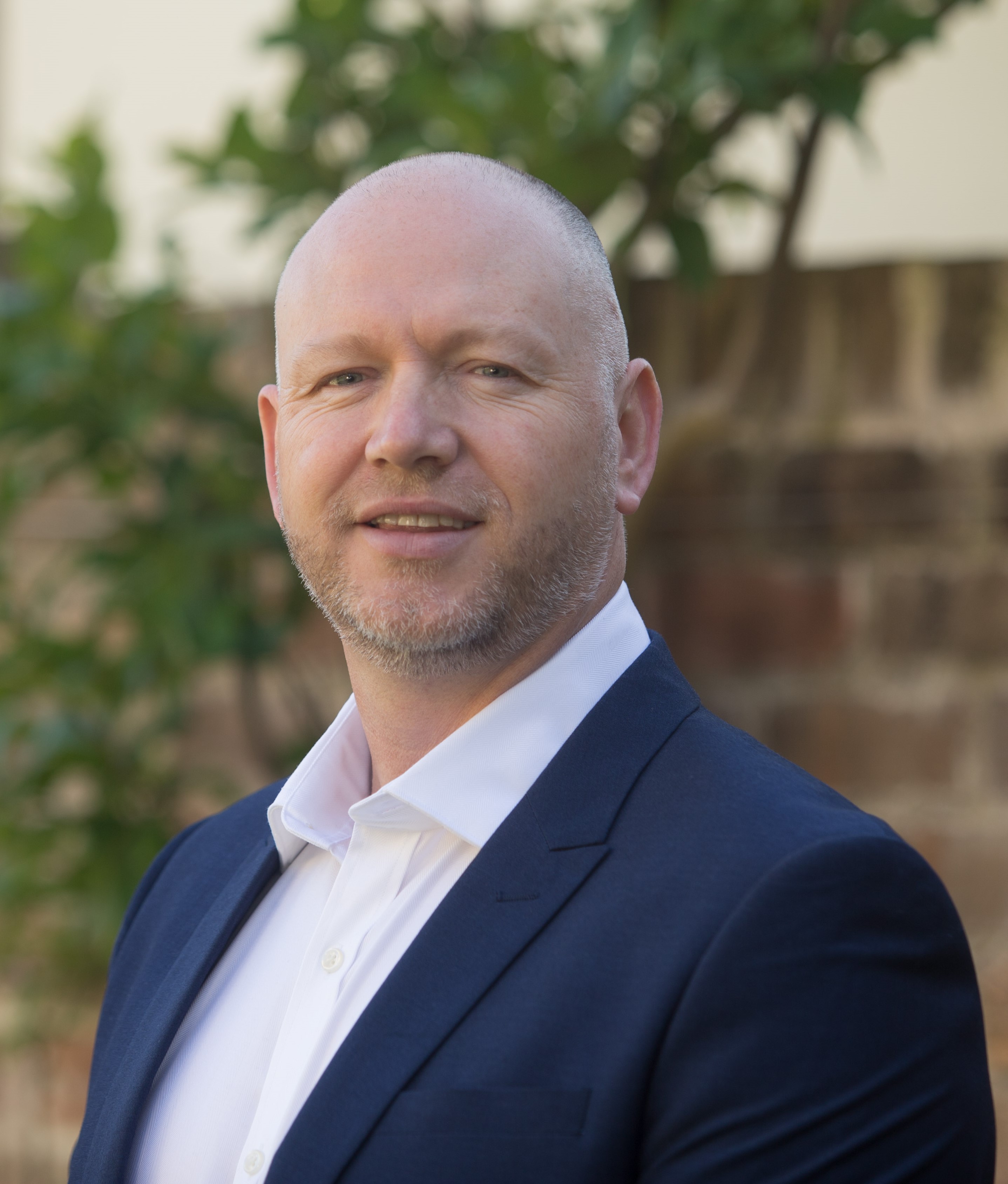Sarah Christman, IRMCert: Risk Director, Equifax
Sarah Christman, IRMCert
Risk Director
Equifax Ltd
TDX Group
How did you get your job?
Starting out as a Naval Nuclear Officer, I was immersed in a culture of resilience, redundancy and preventive controls. When I transitioned to civilian life, I built scorecards of key performance, risk and control indicators to help process and people managers do their jobs more effectively
After a few years of analysing and evaluating processes for the Compliance team, I decided I wanted to explore what it was like to do the job I’d been watching others do. I applied for a job as a Compliance Manager. From that point onwards, it was a sequence of jobs where I wondered what it was like to walk a mile in someone else’s shoes, so I tested it out. The changes every few years gave me a reason to pursue a variety of certifications in compliance, process management and most recently the International Diploma in Risk Management with the IRM.
What’s a typical day like as a Risk Director?
I spend more time in meetings and conversations than not. A risk professional that spends most of their time alone at their desk is probably not aware of, nor thinking about, things that matter to the business.
This week, I’ll be talking to people about clients we want to take on, suppliers we want to manage differently, measures of success for a product pilot, the structure of our GRC system upgrade, how we can make a process more efficient without losing key controls, and chairing our Risk and Compliance Committee.
I welcome desk visits and instant messages, so undoubtedly more topics not yet anticipated will present themselves.
I try to make time for learning as well. I’ll go for a walk whilst listening to a podcast, pop into a coffee shop to read through my LinkedIn groups or stay at my desk and watch a webinar recording. I believe I can provide better advice to my colleagues if I continue to expand my horizons on what’s possible and valuable.
What do you enjoy most about your job?
Diversity. A risk professional that gets stuck into the heart of their business will find themselves learning about and talking to people on as many different subjects as there are hours in the day.
What are the challenges?
Prioritising. There are so many threats and opportunities, your organisation can’t deal with them all head on. Some might say that quantifying them will help, but even the time invested in quantifying them needs to be prioritised. Picking which battle to fight is rarely an easy decision.
In what way are your IRM qualifications relevant?
IRM qualifications are so very practical. During every module of the Diploma, there were moments I thought, “I could do that at work tomorrow!” And I often did.
The further reading encouraged by the Diploma also helped me find the podcasts, LinkedIn groups, and webinar sources that I continue to use for learning.
What would you say to others thinking about joining IRM as a member?
It’s money well spent. The Regional and Special Interest Groups (RIG/SIG) are amongst my favourite member benefits. They are a great way to learn, benchmark your organisation and build your network. Joining a core team leading a RIG/SIG will give you even greater access to experts and help you build professional competencies you can apply back at work.
How has your role developed and what are your career ambitions? Has being linked to the IRM helped?
I’ve always believed that my job is whatever I make it. I can’t recall my manager ever writing my objectives for me. That initiative has allowed me to shape my role to fit me and my ambitions.
Professionally, I aim to be a trusted advisor to my firm’s senior managers. Working through the IRM curriculum helped ensure I have a strong foundation in risk taking tools and techniques. Participating in the special interest groups, online forums and events helps keeps me up to date on emerging risks and responses.
Personally, I simply love to learn. Risk management, whether you see it as a profession, an industry or a technique, is still young (excluding the ancient practice of risk transfer for maritime threats). There are many views and opinions on the topic and I’m keen to be part of the debate. IRM provides a channel for me to be a part of shaping the future.
What advice can you give to others?
Take a personal risk. Use your story to show people you aren’t here to stop them from taking risks. Being a risk professional does not mean you have to be risk averse.
Find a mentor. They don’t have to be a risk professional – just someone you want to learn from, who can be your champion and is well positioned to see opportunity you might not be able to see.
Write your own objectives. Include one that drives you to engage with the people and topics you want to work with and on. Your first risk management challenge (and one you’ll face often) is to persuade your stakeholders that it’s time well spent on a risk worth taking.






